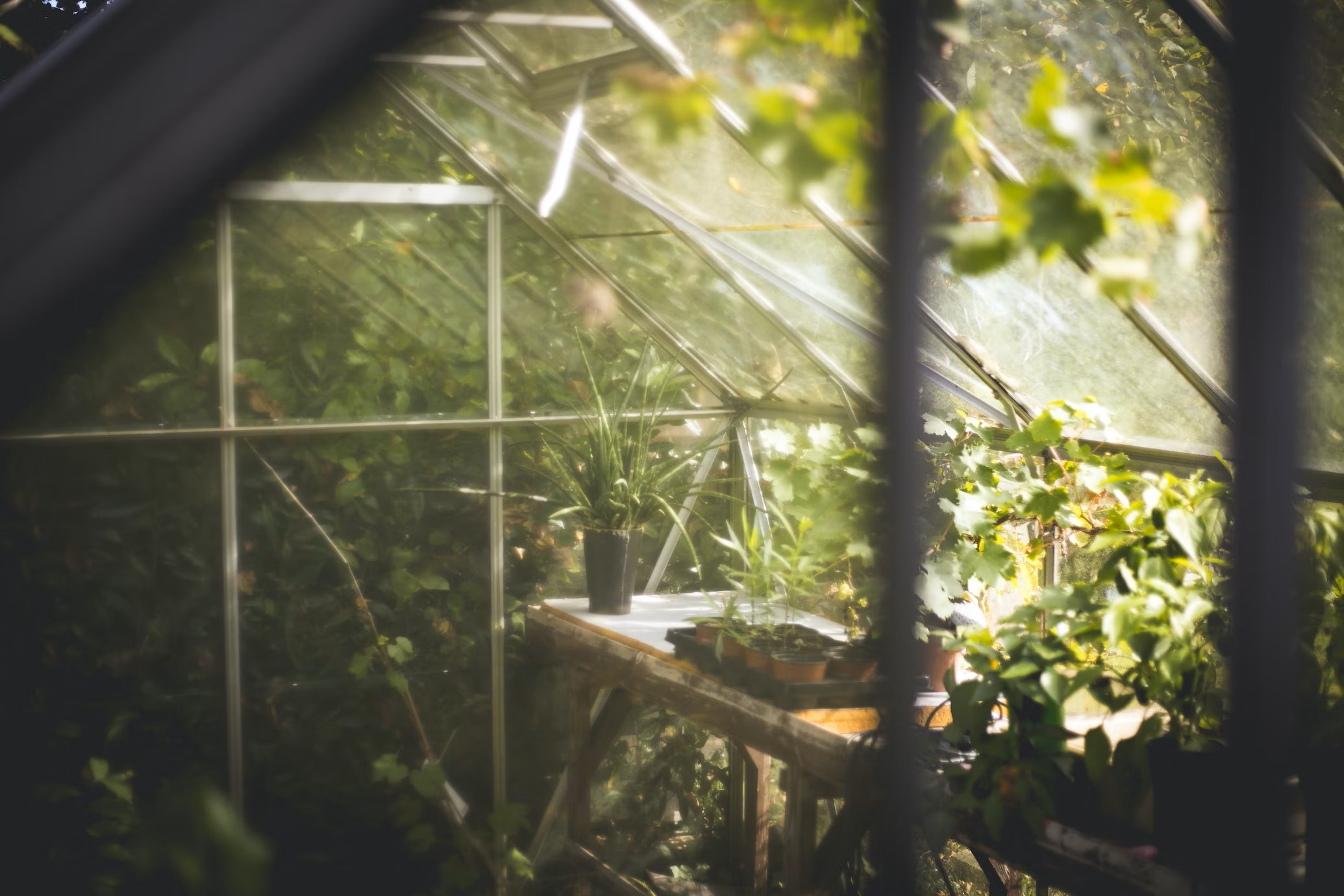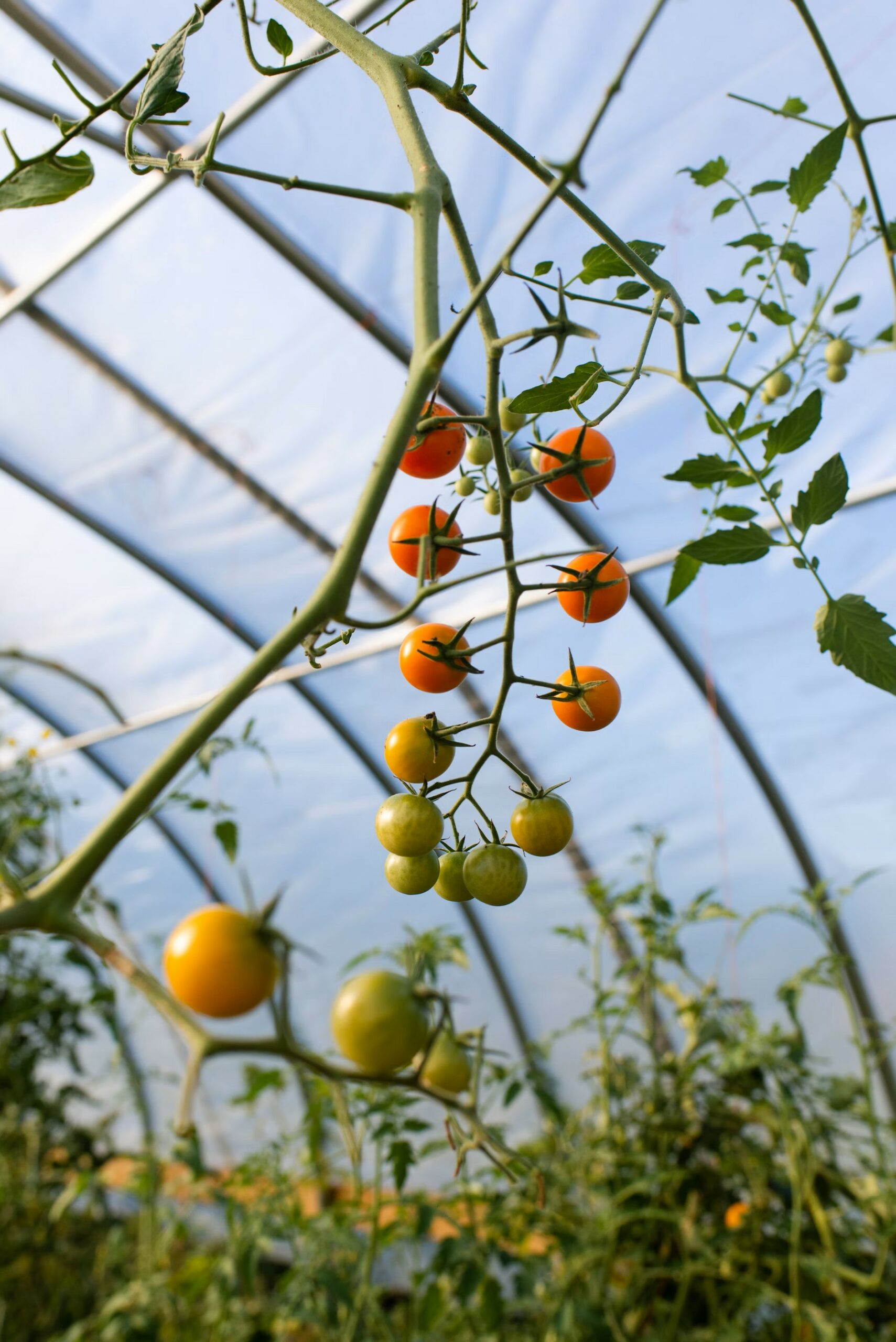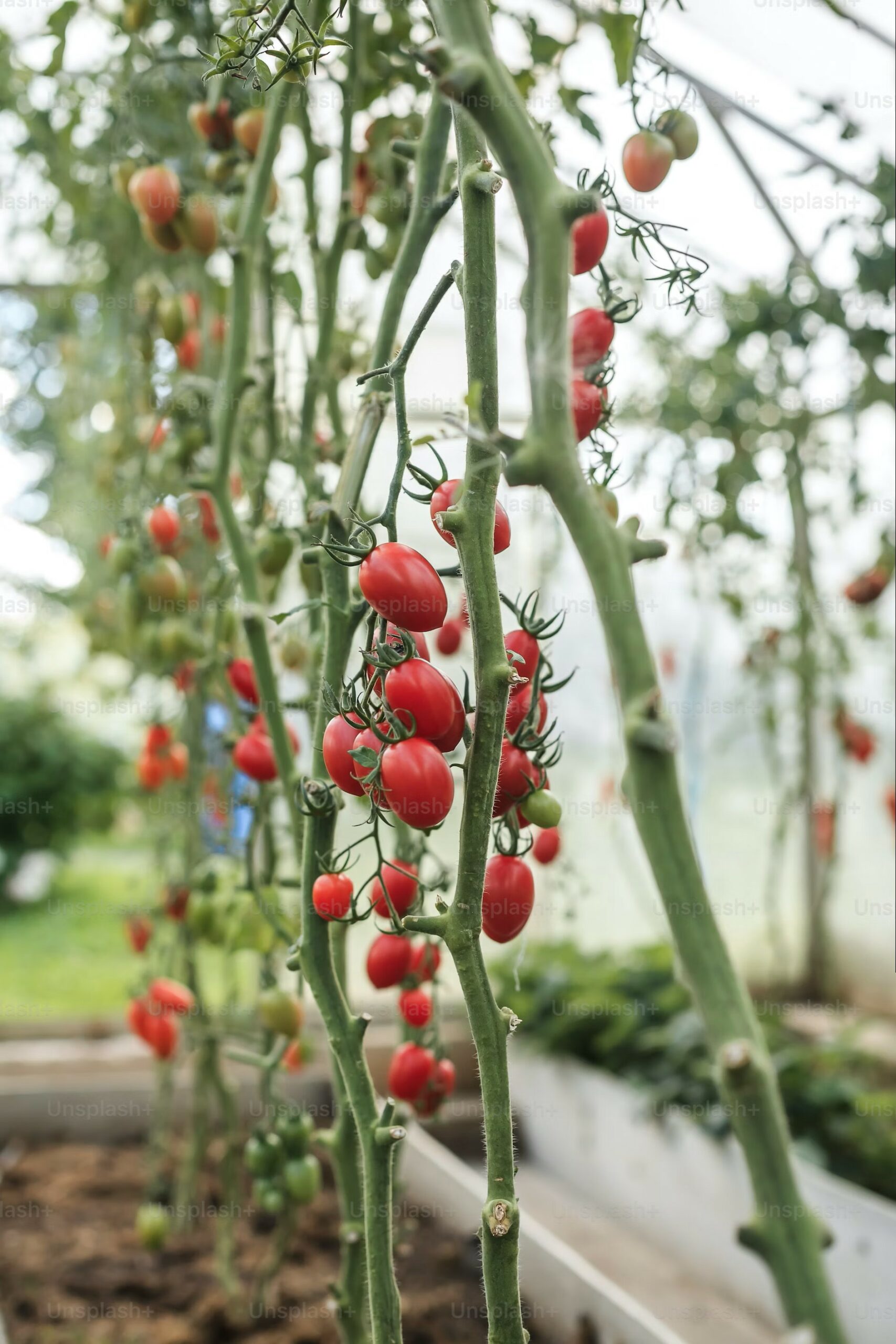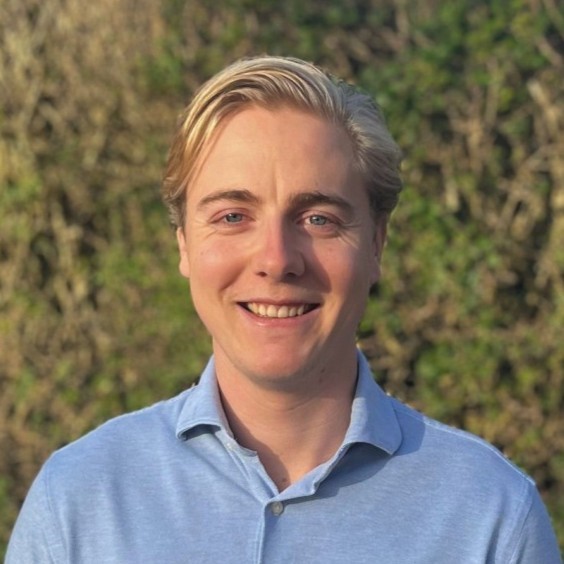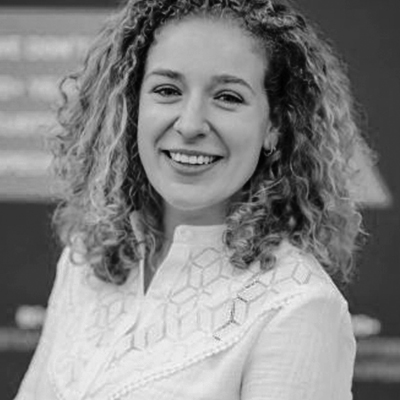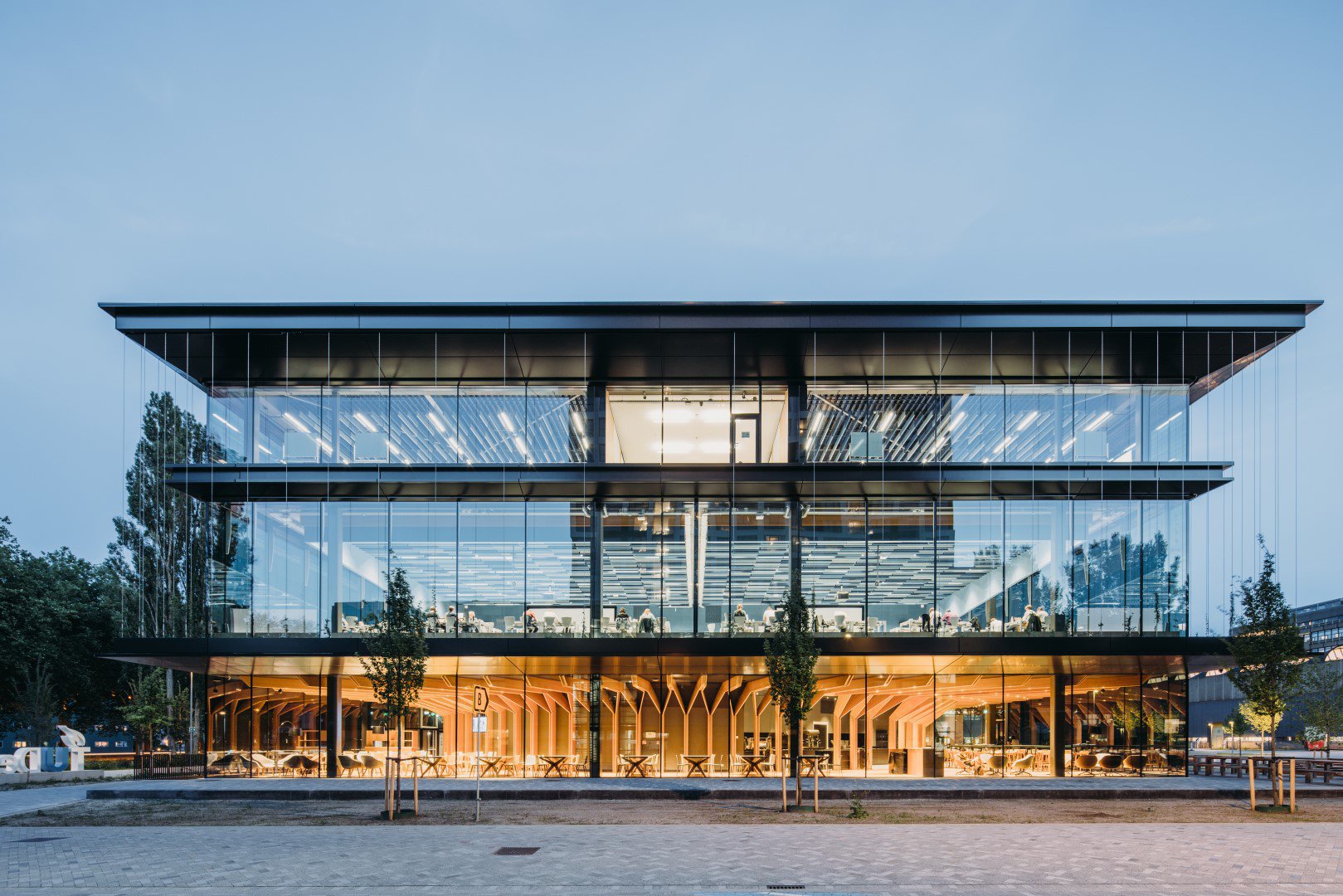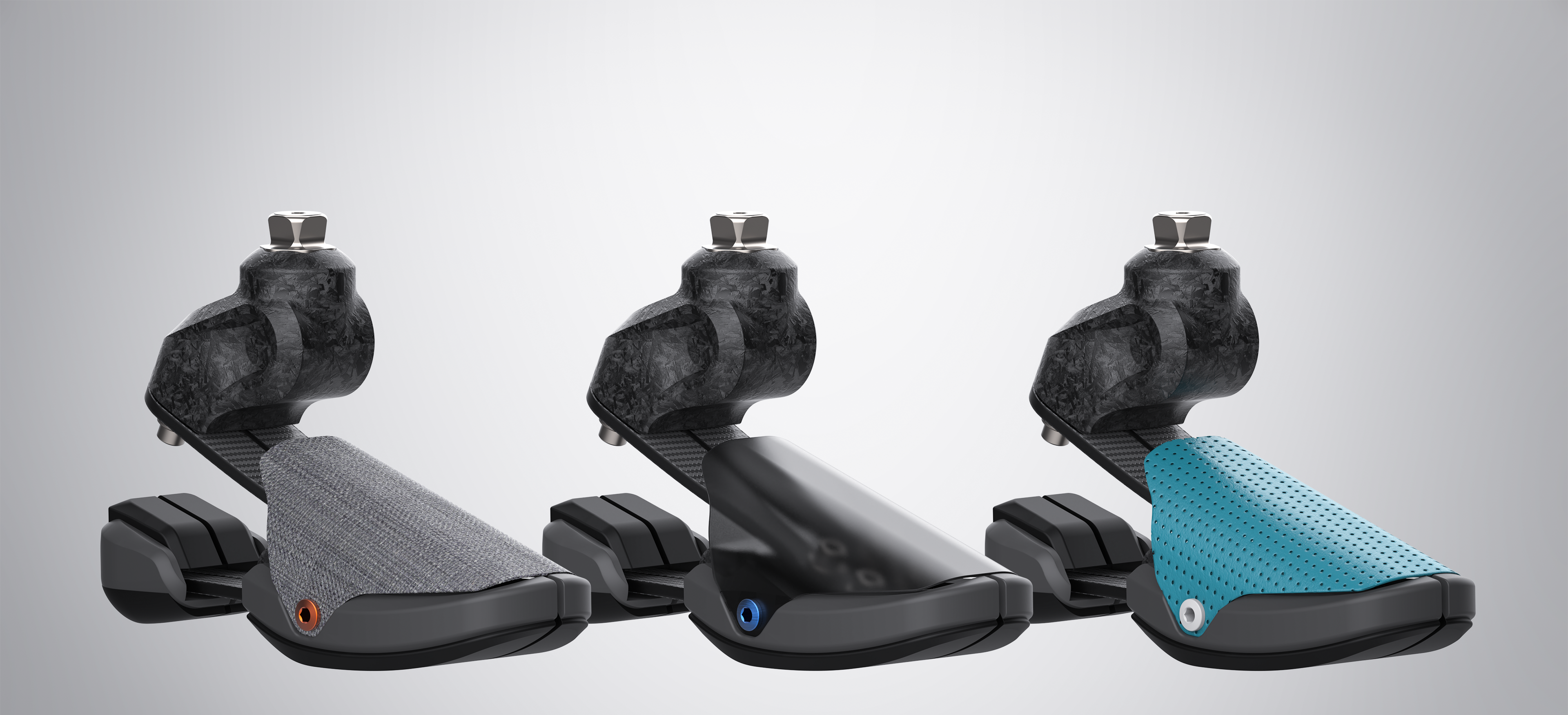They are the unsung heroes of Dutch agricultural exports: greenhouses. They yield up to twenty times more per square meter compared to regular farmland and consume up to 70% less water. Greenhouses will play a crucial role in feeding the growing world population. However, experienced growers are in short supply. Plense Technologies hopes to fill that gap with innovative sensor technology.
Founders Berend de Klerk and Thijs Bieling became fascinated by a promising new technology during their master’s High-Tech Engineering graduation project. This technology was being developed by the Delft researchers Gerard Verbiest and Satadal Dutta from the faculty of Mechanical Engineering, Maritime Technology, and Materials Science (3mE) as part of the 4TU Plantenna initiative. The Plantenna project uses ultrasound technology to “listen” to plants and gather valuable data.
Stress can be heard
This data is valuable because plants produce constant sounds, especially when something is wrong with them, explains Bieling. “A significant part of a plant consists of water. Water is drawn from the leaves through the plant’s wood vessels. When a plant experiences stress, air bubbles form in these vessels, which burst – and this can be detected with ultrasonic microphones.”
Communication only works when it’s two-way: listening and speaking. So Plense also gives plants a (metaphorical) voice. Bieling explains, “By placing small microphones and speakers near plants, we can capture the sounds a plant makes. By sending sound through a plant, we can measure how much water the plant contains. This way, we learn which sounds at which frequencies a plant produces and which internal balance (or imbalance) of the plant corresponds to those sounds. This balance is crucial for growers.”
Wild about the tech – but then what?
During their graduation project, de Klerk and Bieling realised that this technology had great potential. However, at that time, the two had no experience in entrepreneurship. After participating in an entrepreneurship course at YES! Delft Students, their enthusiasm grew. The next step led them to the Impact Studio, the pre-incubation program at TU Delft, which brought them to the realisation that they knew too little about their market and the needs of future customers. Through the collaboration collective Hortiheroes, the two ended up at Vreugdenhil Young Plants, where they gained experience as interns working in the greenhouses.
In an advanced greenhouse, a grower has about twenty adjustable variables or ‘knobs’ to control, explains de Klerk. “These are used to manage the greenhouse, such as controlling temperature, water, light, nutrition, pruning leaves, and more. What we offer are valuable insights that help growers make decisions.”
Measuring without damaging
Sensor technology is on the rise because modern growers want more objective information about the condition of their crops. However, not all measurements are the same, according to de Klerk. “Many sensors only measure the outside of the plant, but the most important processes take place internally. You could cut a plant, weigh the biomass – but that’s destructive. With our measurements, none of that is necessary, and yet you can still understand what is happening inside the plant.”
Currently, Plense focuses on tomato plants, a logical choice, says Bieling. “50% of the global greenhouse space is used to grow tomatoes. There is enormous potential there. If we can provide tomato growers with more feedback on the effects of their choices on plant health and crop yield, it will have significant value.”
“Especially in more modest greenhouses, sensors provide a cheap way to gather valuable information about your plants”
Berend de Klerk
Co-founder, Plense
Greenhouses feed the world
Despite the futuristic nature of Plense’s ultrasound technology, both entrepreneurs see a role especially in mid- and low-tech greenhouses: greenhouses where growers have much less data and control over conditions compared to high-tech greenhouses. “Especially in these simpler greenhouses, our sensors can provide a relatively cheap way to gather a wealth of information about your plants. This is valuable because greenhouses will play an increasingly significant role in feeding the world population,” de Klerk explains.
Plense is in a hurry, as forests are being cut down worldwide to make room for agricultural land. De Klerk: “we need greenhouses to produce more food with less space. But knowledge to optimally utilize those greenhouses is lacking in many parts of the world. In the Netherlands, we are the world champion in greenhouse construction. Initially, we exported greenhouses, and now we are exporting knowledge about greenhouse cultivation.”
Baby monitor for growers
Experienced growers are in high demand both within and outside the Netherlands. “It’s a beautiful profession, but it’s hard work. Growers are tending to their plants seven days a week, and they want to know how they are doing 24/7,” says de Klerk, adding with a smile, “We’ve heard several growers refer to their crops as their ‘babies.’ So if you build a baby monitor for them and allow them to take a break with peace of mind, that’s valuable.”
The technology is a supplement, not a replacement for experienced growers, according to the Plense team. “We use our expertise to gather data with technology and present it in dashboards. This also benefits less experienced growers and increases their yields. The proof of this is already evident in the Autonomous Greenhouse Challenge, where excellent results are achieved thanks to a data-driven approach.”
The Delft ecosystem makes the difference
Plense is at an early stage, and all support is welcome, says Bieling and de Klerk. “In the beginning, you need that push in the right direction. You have an idea and faith in your technology, but that’s not enough.” Earlier this year, Plense won the Philips Innovation Award, which brought visibility and attention from investors, de Klerk explains. Equally valuable is the support from Delft. Plense is a portfolio company of Delft Enterprises and collaborates with the TU Delft AgTech Institute. “That’s really valuable for us,” says de Klerk. “DE helps us with legal advice, funding, and finding the right people, but we can also brainstorm with them on a strategic level. As a young entrepreneur, you really dive in at the deep end, but at TU Delft, at least you get a lifebuoy to help you jump.”
For about a month, Plense has been located in the incubator building YES!Delft, and de Klerk mentions it’s a joy so far. “Being among other startups is very valuable for us. In these first weeks, we’ve already gained diverse but valuable insights. From joint purchases with suppliers to brainstorming on investment processes and subsidy applications – you can quickly gather information within this building. Besides that, it’s just a fun place to have an office.”
Easier production of more food with less land – that’s what Plense wants to contribute to. Both entrepreneurs agree that it’s a never-ending goal. “But if we can prove ourselves in the Netherlands and then use our sensors internationally to close the knowledge gap – then we can make a tremendous impact. Along with our confidence in the potential of our sensors, it’s a fantastic driving force.”

